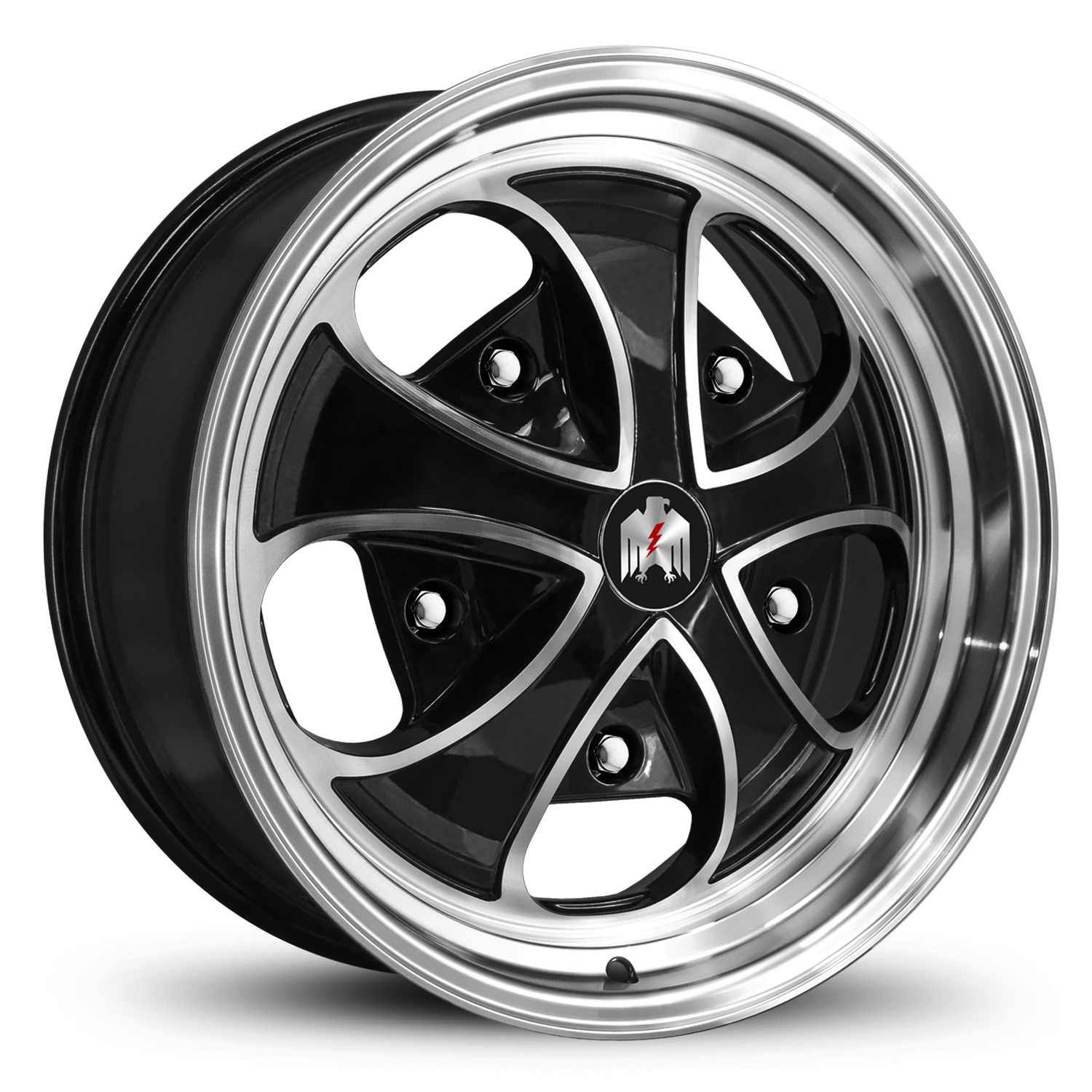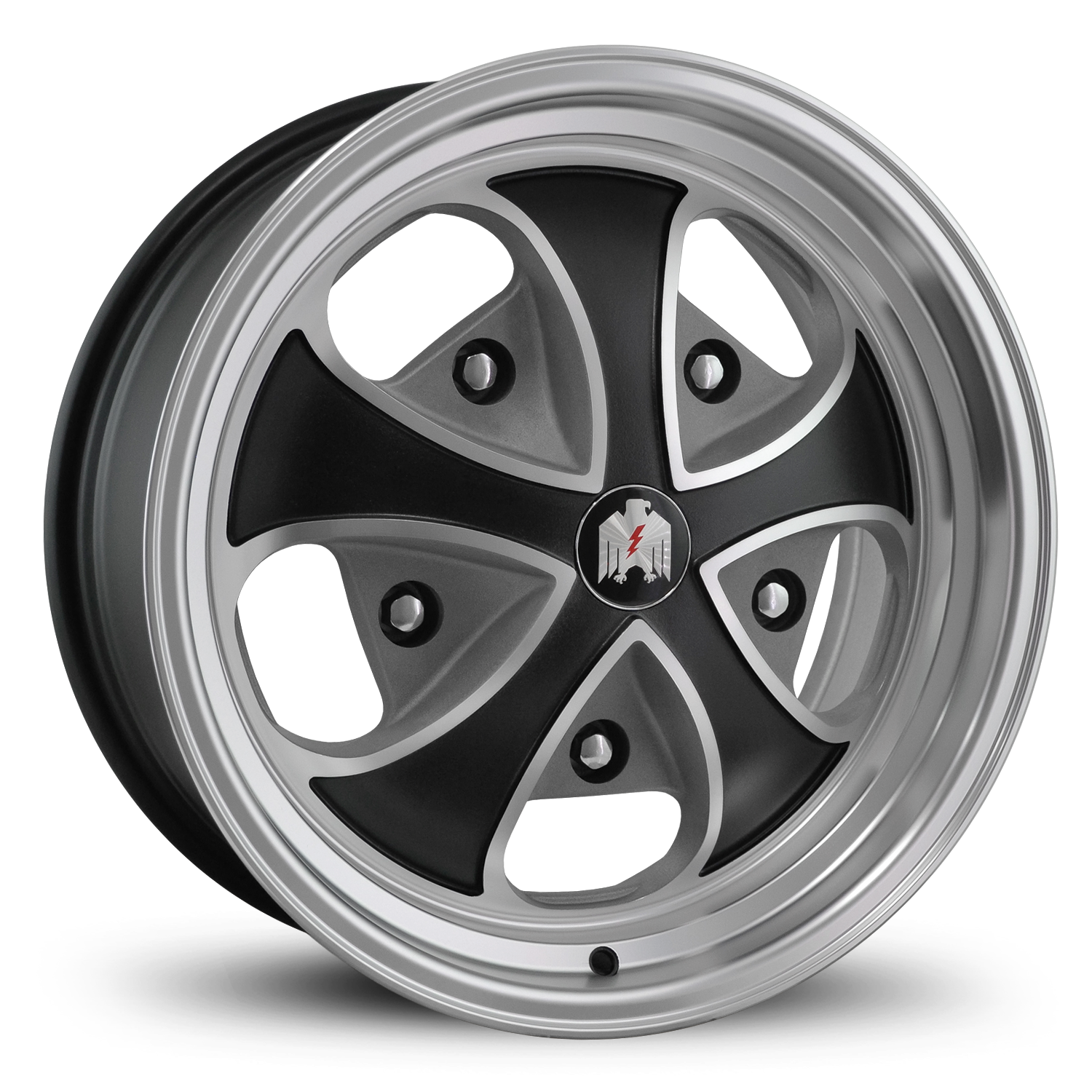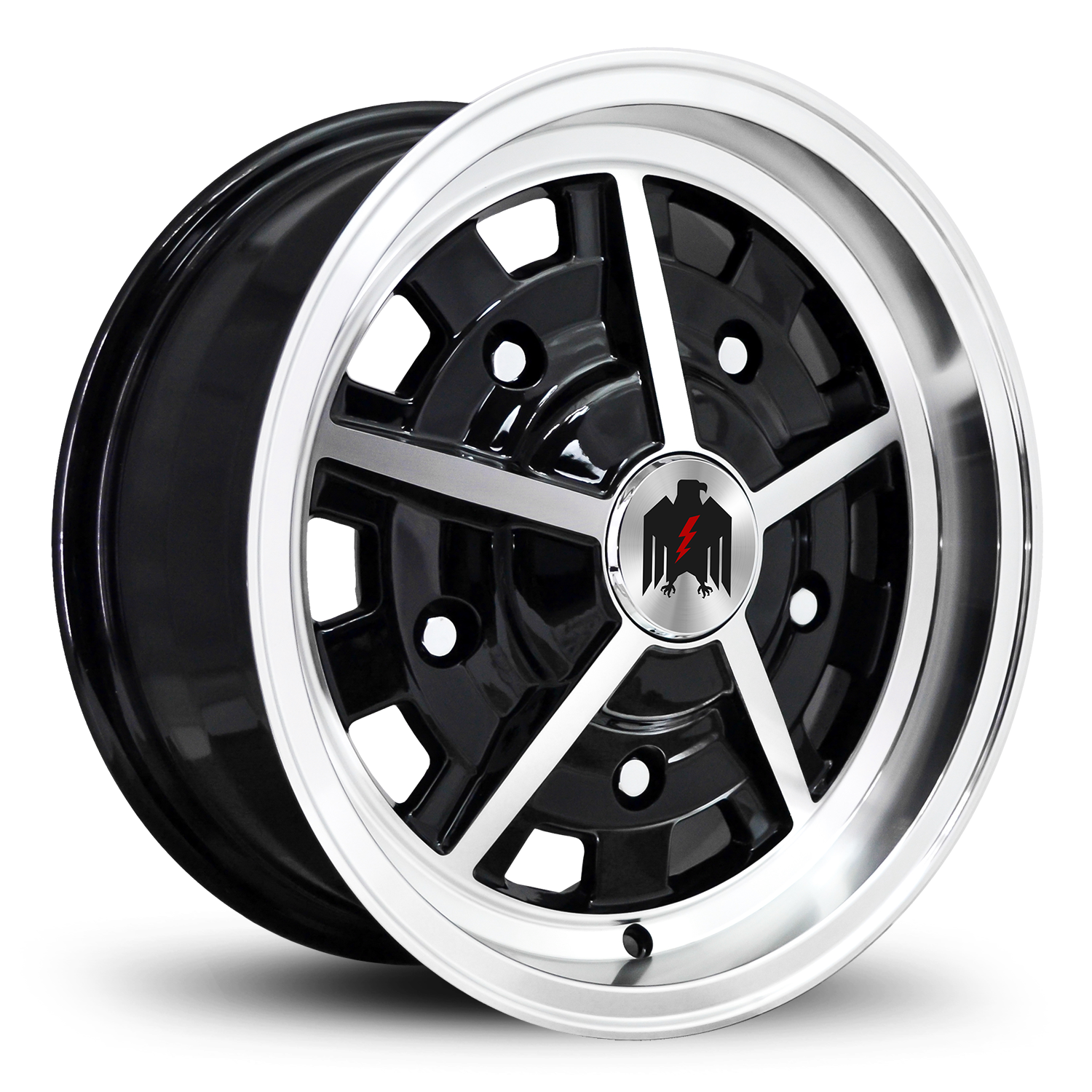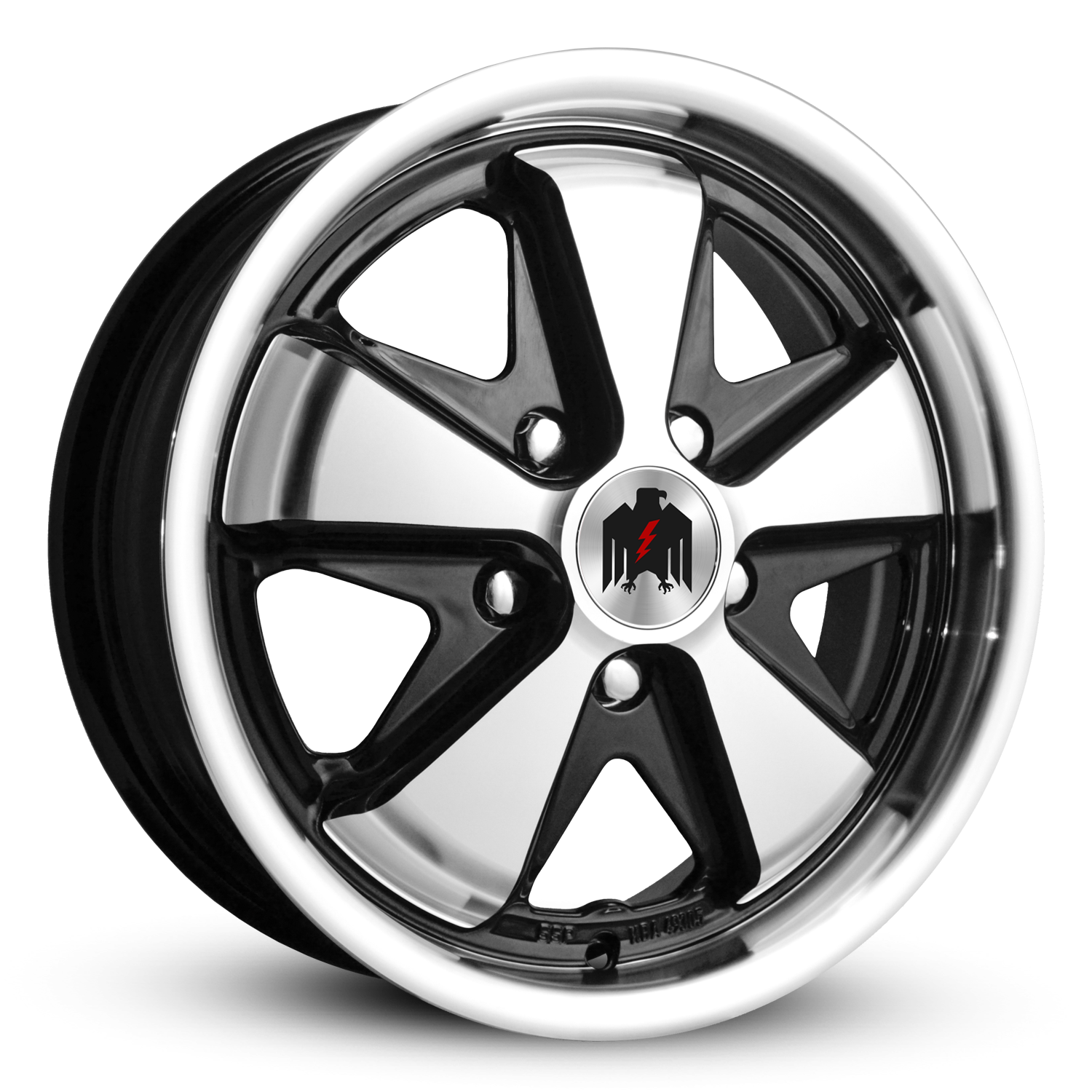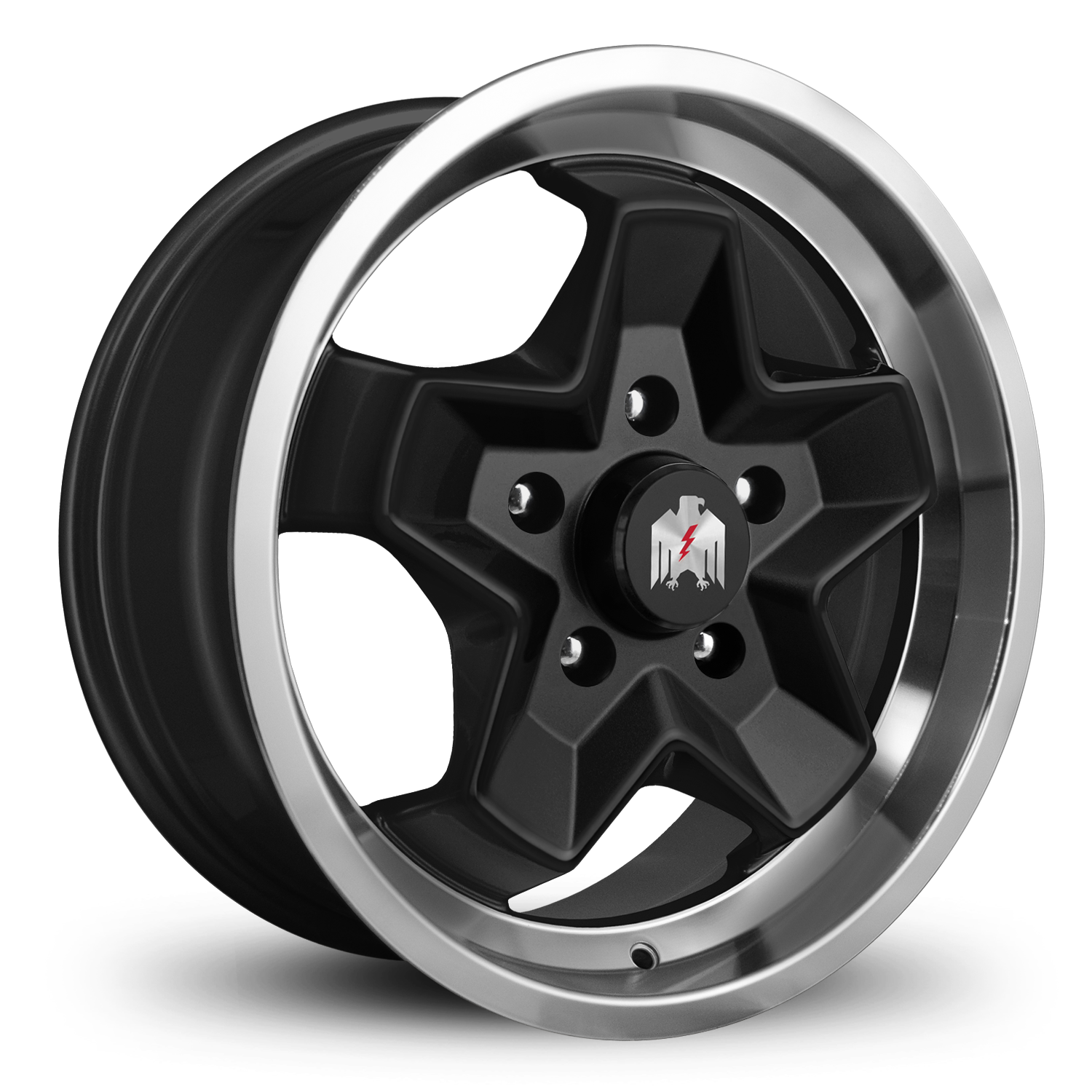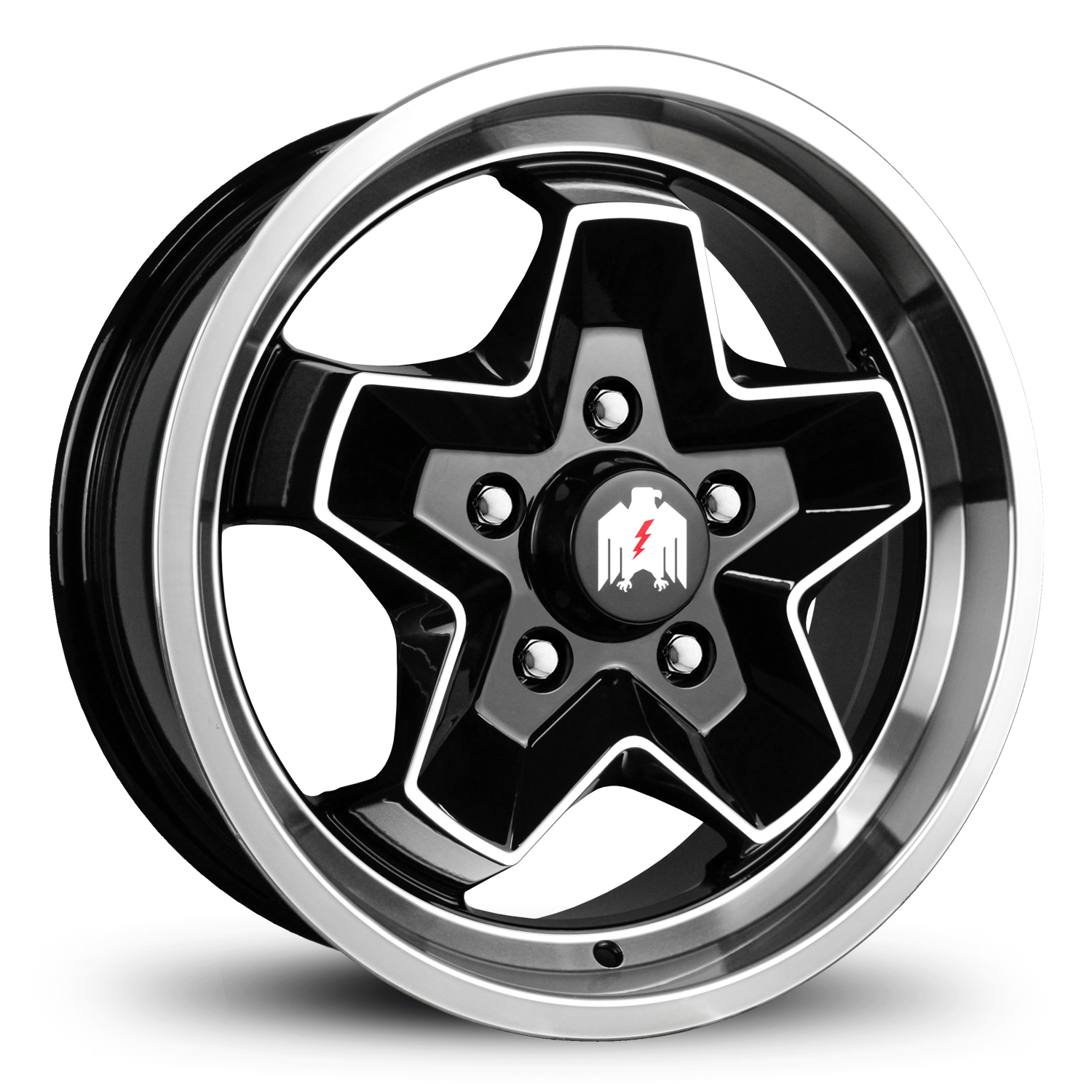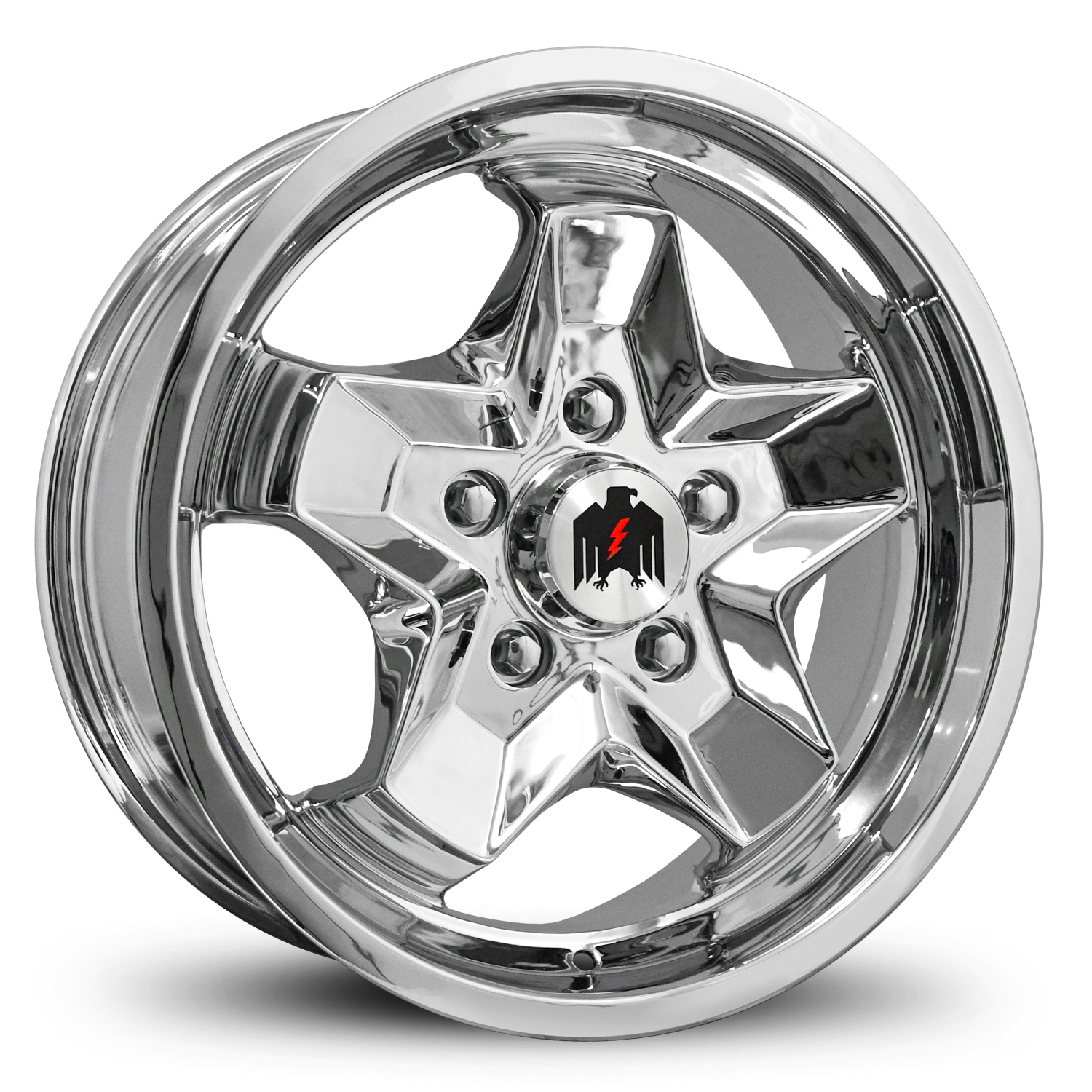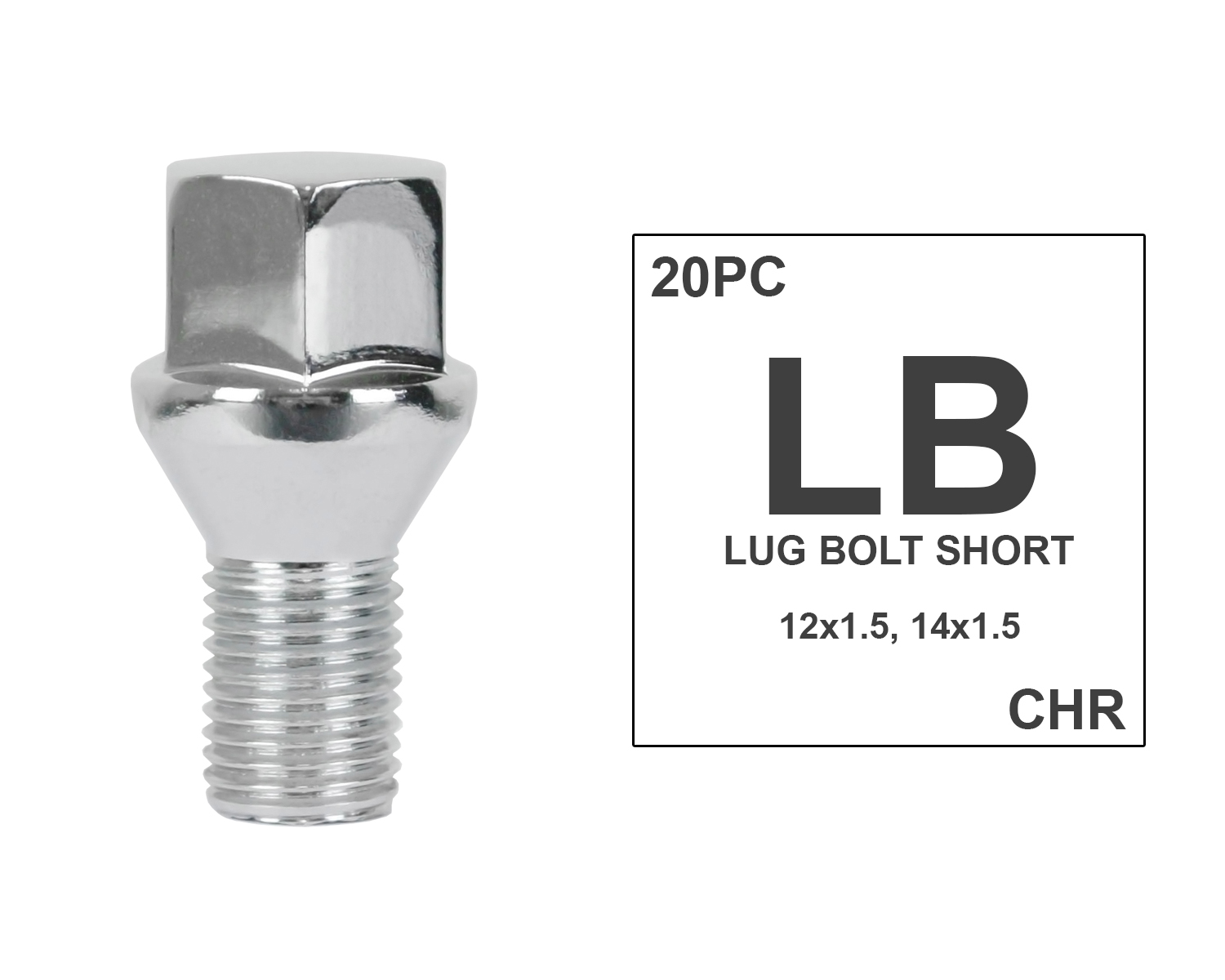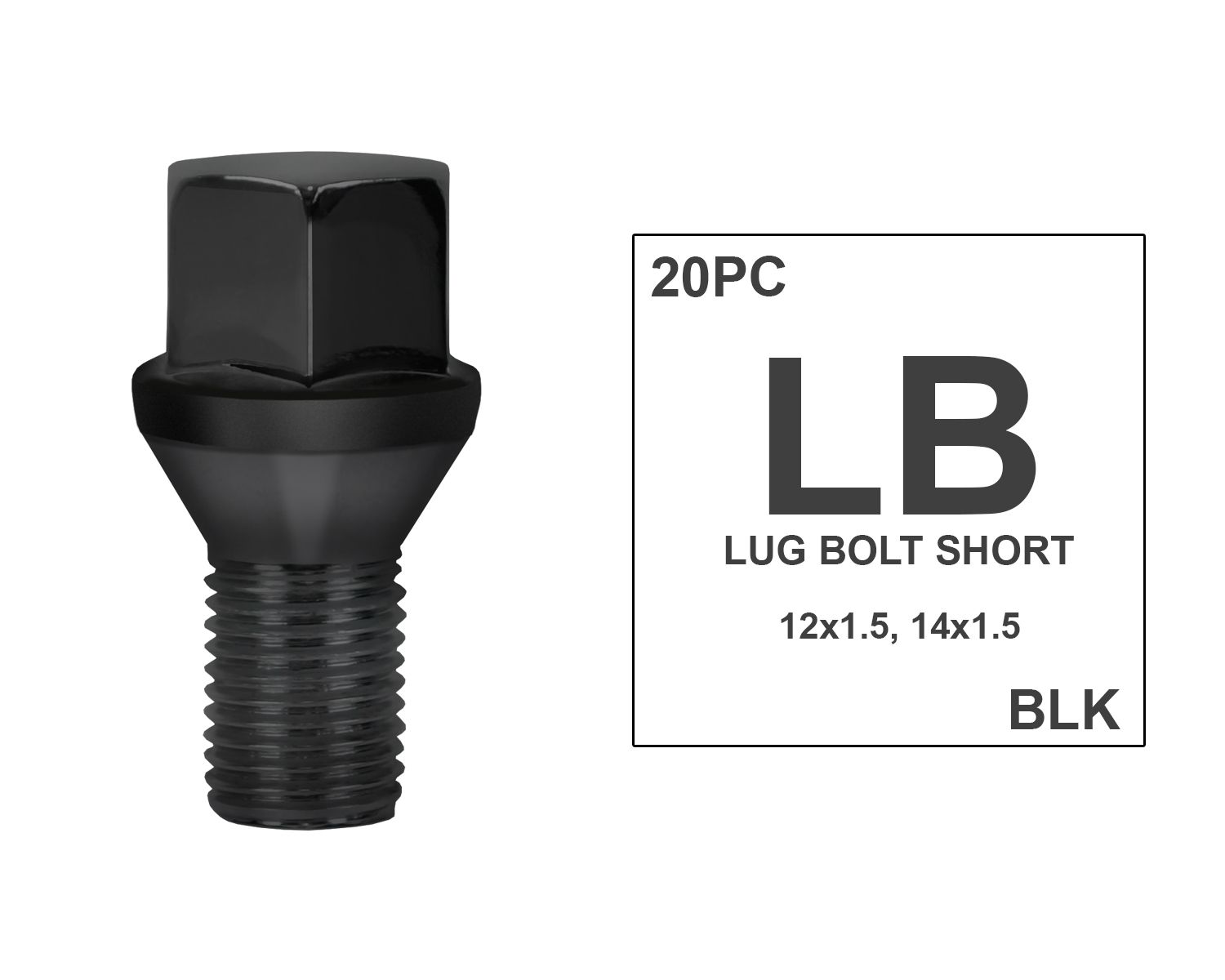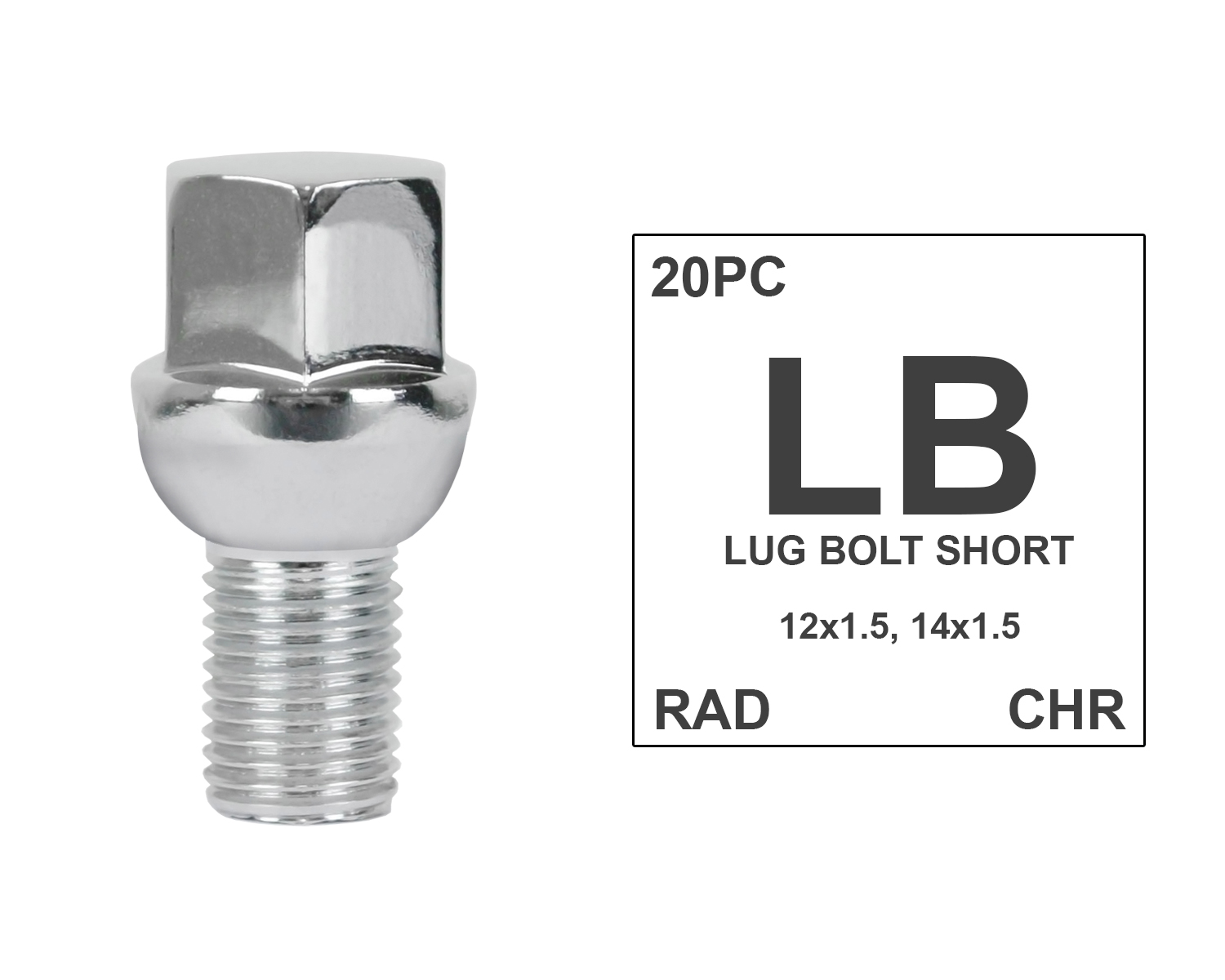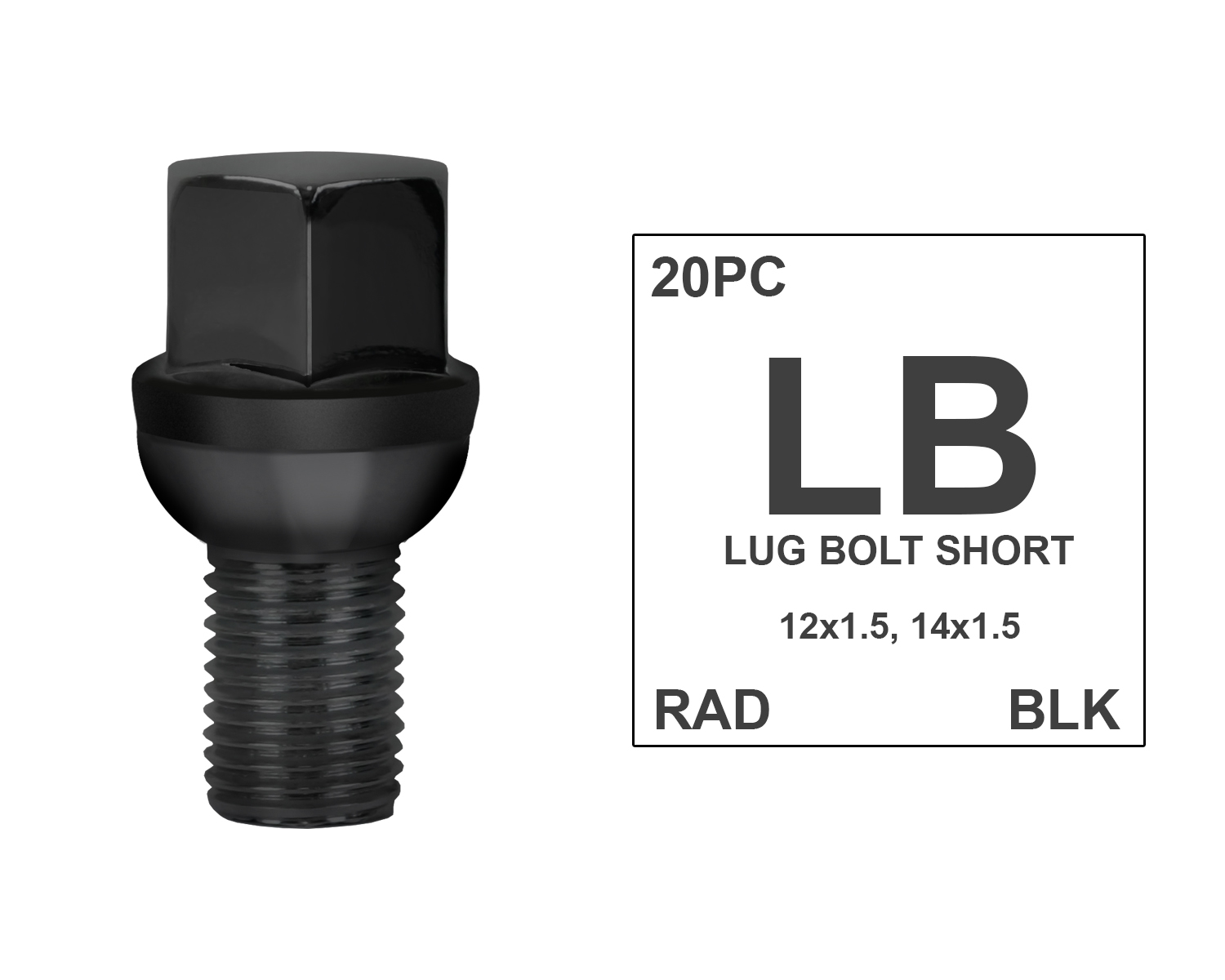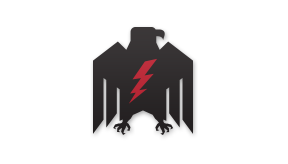
VOLKSWAGEN TYPE-3 ( NOTCHBACK ) 1962-1965
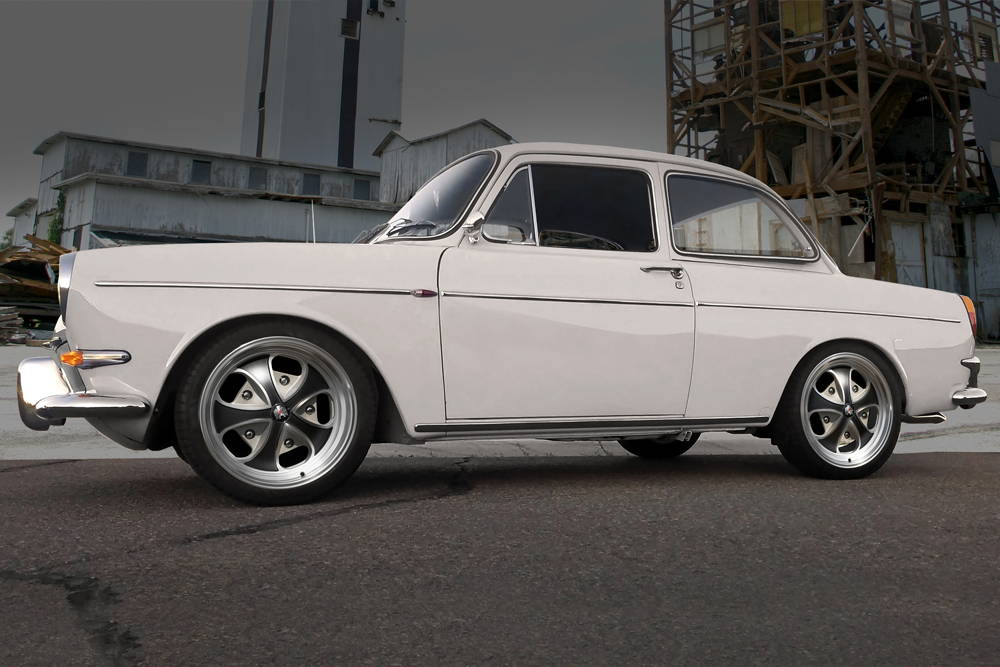
TYPE-3 WHEEL & HUB SPECS
• Bolt Pattern: 5x205
• Offset Range: -32mm to +20mm
• Center Bore: 161mm
• Lug Type: Bolt
• Lug Thread Pitch: 12mm x 1.5mm ( 17mm L )
TYPE-3 TIRE SIZE OPTIONS
15 Inch Wheel
• Stock Height: 165/80-R15
• Lowered: 195/50-R15
• Lowered Staggered F/ 195/50-R15 R/ 205/60-R15
17 Inch Wheel
• Stock Height: 205/50-R17
• Lowered: 205/40-R17
• Lowered Staggered: F/ 205/40-R17 R/ 215/45-R17
LEARN MORE ABOUT THE VOLKSWAGEN ( TYPE 3 ) NOTCHBACK
The Type 3 followed the Type 1 Beetle, utilizing a low-profile version of Volkswagen's rear-engined, 4-cylinder air-cooled engine, as well as body-on-chassis construction (the body bolts to a frame that includes the floor pan),[4] retaining the same wheelbase – but featuring ponton (slab sided) styling, in contrast to the Type 1's articulated fenders and running boards. VW finalized the design by 1959 with prototypes ready for testing by 1960. Secrecy was such that even at the 1960 Geneva Auto Show, VW denied they were readying a new design. In 1961 VW announced the new line as the "VW 1500".
Production began in August 1961, a month before launch, of the Volkswagen 1500 Notchback, encompassing three-box styling in a notchback saloon body. Production of the Karmann Ghia 1500 (also known as the Type 34 Karmann Ghia) with a coupé body commenced in November 1961 and deliveries started in January 1962. The station wagon/estate-bodied Variant (marketed as the Squareback in the US) followed, with the first cars produced in February 1962. Two convertibles based on the 1500 Notchback were also announced with the original models, but did not enter production.
The Fastback, or TL version, a fastback coupé, arrived in August 1965, at the same time the 1600 engine was introduced. Volkswagen's intention was that this model should replace the Notchback, which is what happened in the UK market. However, in other markets, including the German domestic market, the number of customers preferring the older Notchback shaped car was higher than foreseen, and in the end both Notchback and Fastback body shapes remained in production until July 1973. The Type 3 also featured wall-to-wall carpeting, and was available with air conditioning in the US.
Volkswagen of America began importing the Type 3 in 1966 in the "Squareback" ('Variant' badges were not used in the US market) and "Fastback" but not the Notchback configurations. The Type 3 was competing in the market with the Chevrolet Corvair that had been previously introduced in the United States in 1960, which incorporated a 6-cylinder rear-mounted air-cooled engine in notchback and station wagon body style, as well as a compact van derived from the platform. It also competed in the US with the Renault 8 which also offered a rear engine and rear drive sedan.
In 1968, the Type 3 'E' (Einspritzung) became the first German automobile in series production with electronic fuel injection (Bosch D-Jetronic) as standard equipment. The larger Volkswagen Type 4 was introduced in 1969 which had a similar mechanical layout with further engineering refinements.
For the 1968 model year, 1969 in the US, a three-speed fully automatic transaxle became available, noted for extremely low internal friction. With the automatic came CV-jointed independent rear suspension (IRS), replacing the swing axle (also IRS) set-up. For 1969, the CV-jointed rear axle was standard with both automatic and manual transmissions.
The model received a facelift in 1970, when a 115 mm (4.5 in) longer front nose added 1.5 cu ft (42 L) to the luggage capacity. At the same time it received revised square-section bumpers, as well as larger tail lamps and front indicators.
Volkswagen offered the Type 3 in a lower trim level in Europe, marketed as the 1600A trim level. In the US, and for 1973 only, Volkswagen offered two trim levels of the Type 3 Fastback in the US, marketed as the Type 3 Sedan and Type 3 Basic Compact. The Basic Compact featured reduced content, including limited color and upholstery availability and without belt line chrome, a clock, or electric-heated rear window defogger. It had painted frames around the vent windows, a black cardboard front trunk liner over the gas tank without a liner on the sides of the trunk or over the firewall, plain vinyl door panels without door pockets and rubber mats in lieu of interior carpet.[citation needed]
While the Type 3 was a more modern design, it never reached the same level of popularity as the Beetle. As Volkswagen started to produce front-wheel-drive water-cooled designs, production ended in 1973 at the Wolfsburg plant. The Wolfsburg production facilities were then retooled to build the Golf, which eventually replaced the Type 1 as Volkswagen's best selling sedan. Production of the Type 3 moved to VW's new Emden plant, which was retooled later in 1973 to build the first generation Passat (marketed variously, also as the "Dasher").

